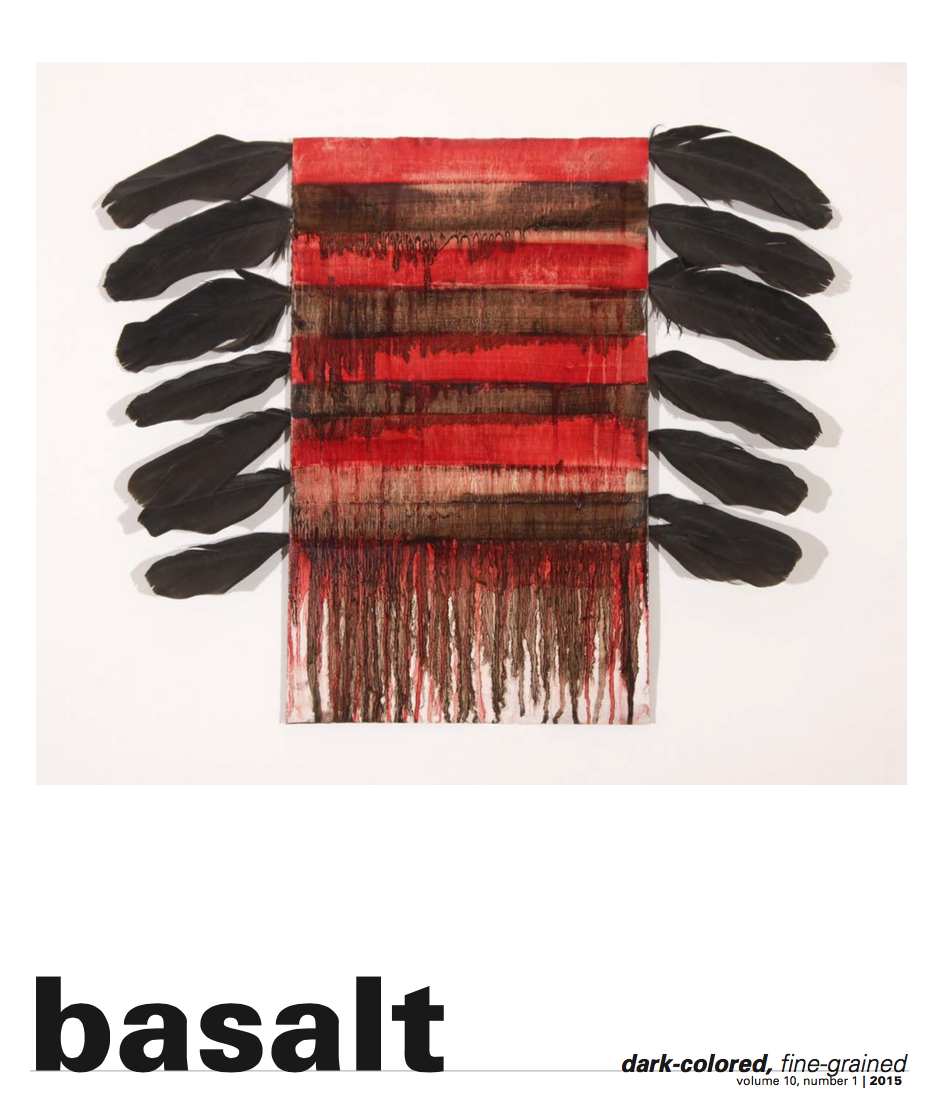Review of What Does Not Return by Tami Haaland
Lost Horse出版社,平装本,78页。 18.00美元。
Reviewed by Melissa Kwasny
Poetry has been described as the art of speaking the unspeakable. 在某些情况下,不可言说的是那些似乎太可怕而无法用语言表达的事情。 Sometimes it is that the state of being is too nuanced, the feeling too fleeting, the insight too gossamer for most of us to register it. Sometimes the silence comes from whole ranges of experience previously unexplored or thought unfit. Women poets, for instance, in the 1970s and ‘80s, legitimized abortion, childbirth, and menstruation as worthwhile subjects for poetry. Upon reading Tami Haaland’s new book, What Does Not Return, it occurs to me that what has been rarely explored in poetry is the daily care and burden that (mostly) women assume for the ill and the dying. And that is why this quietly revolutionary book of poetry seems so essential.
莫
Haaland’s poems are affectingly simple in diction and style. It is an appropriate, impressive simplicity, sharpened as it is by emotional honesty and the courage to stare unflinchingly at the painful reality of loss. In “Two Eggs,” the mother smiles proudly at her feat of perfectly breaking the eggs into a bowl: “She has made two eggs as she did / when she knew what to do.” In this image, the daughter and mother, making a pudding, perhaps a cake, adding milk before it goes into the oven, I am reminded of how my own grandmother dying in the hospital made the motions of peeling potatoes with her beautifully ordinary hands. This is what the attendant knows: the body’s memories are the last to go.
Th
“一个
Th
The contemporary Syrian poet Adonis, in differentiating poetry from other written or oral forms, writes that it is a language of love rather than a language of explanation: “The former loves things without necessarily understanding them, while the relationship of [the latter] to things and the universe is one of understanding, knowing and valuation rather than love. Love itself is not expressed but experienced.” I would like to venture that poetry allows us to experience the unspeakable—including the dead who can no longer speak—because the language of love is an interior language, one kept alive by memories and dreams. In Haaland’s dream poems, presented without explanation or interpretation, the dead enter as naturally and unremarkably as she might enter into her mother’s kitchen for supper. Because of the quotidian nature of the previous poems, their specificity and sense of place, we accept these experiences and are, as we sense she must be, healed by them.
